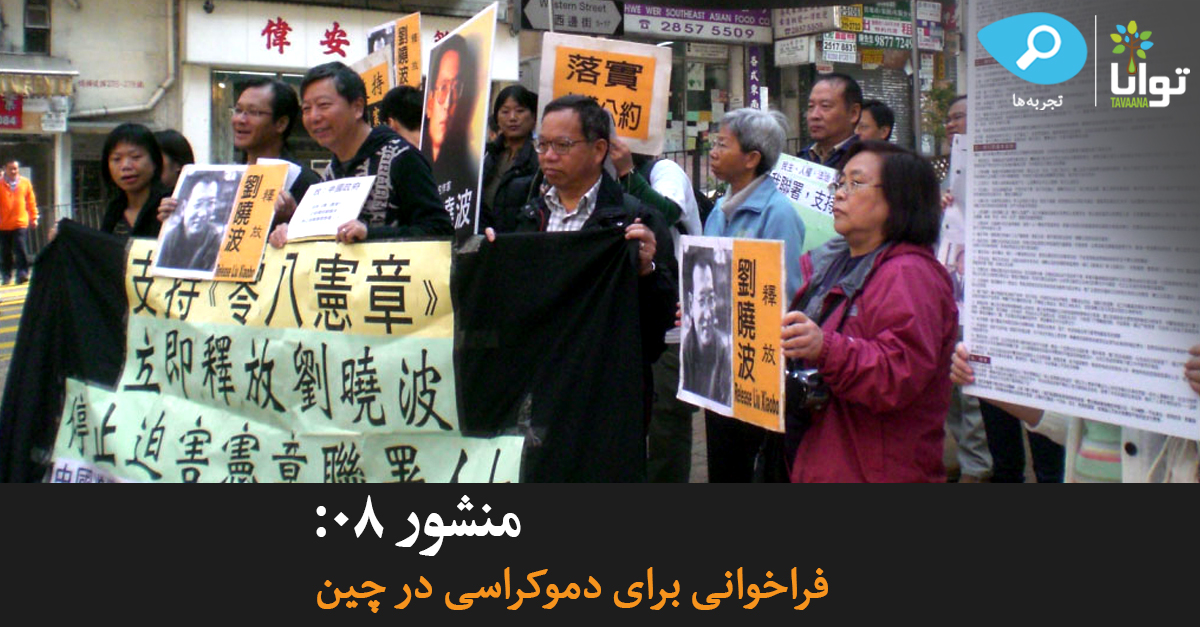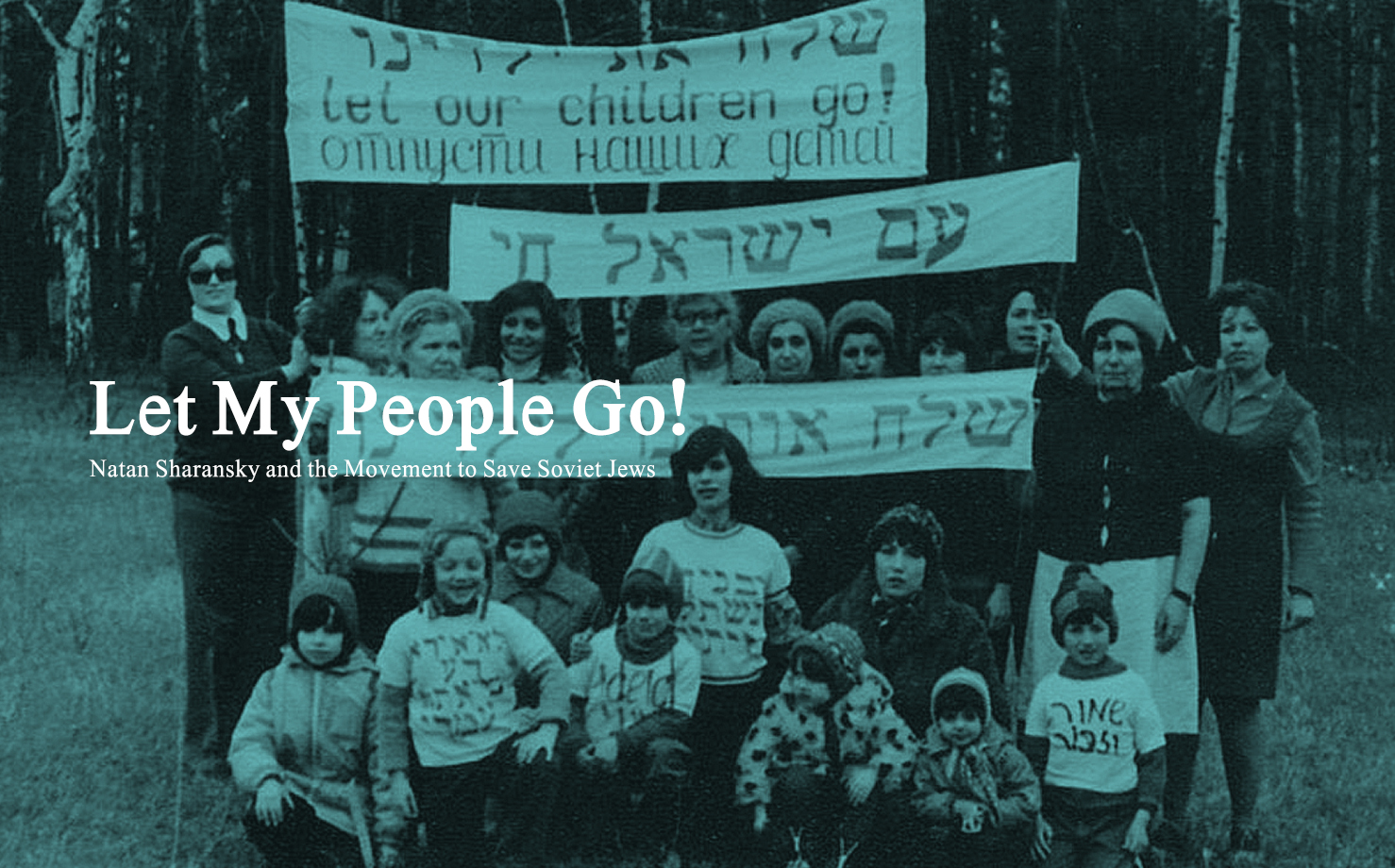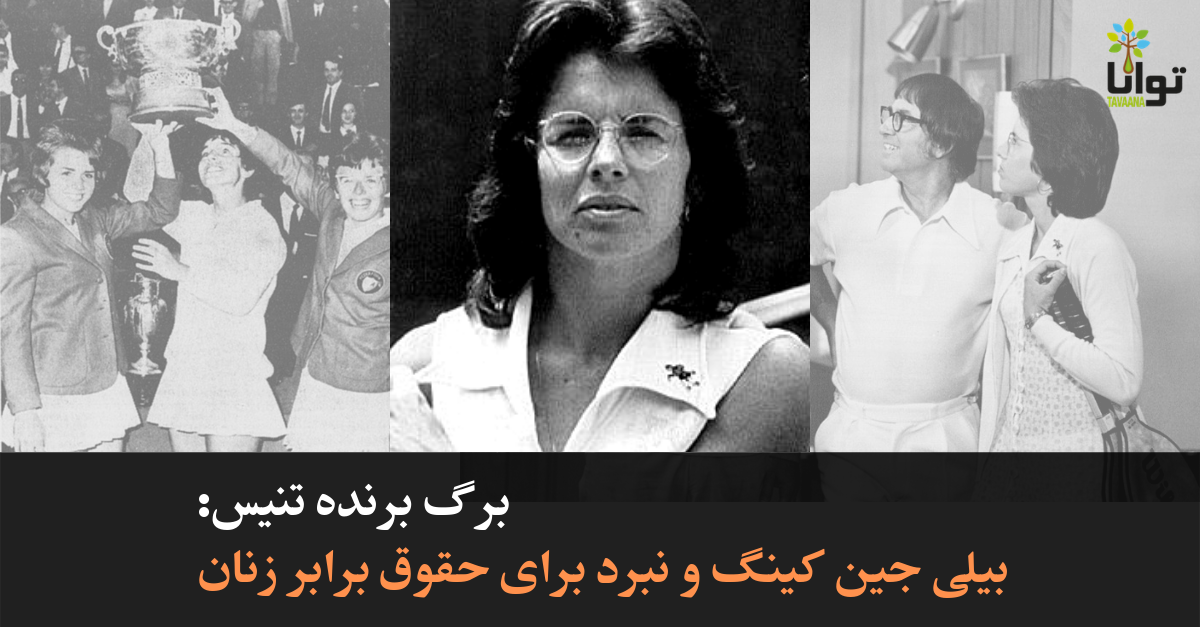Vision and Motivation
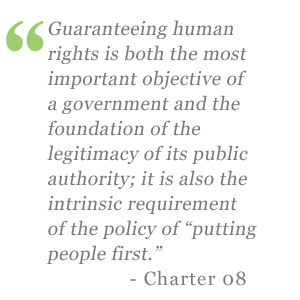 Having witnessed the political liberalization that Mikhail Gorbachev undertook in the Soviet Union in the late 1980s, many Chinese were hoping for similar reforms at home. After the Soviet Union collapsed with the fall of the Berlin Wall in 1989, the Chinese became even more eager for change. When the Communist leadership in Beijing failed to deliver any reforms, over 100,000 Chinese citizens gathered in protest at Tiananmen Square in 1989, in what became known as the June 4th Incident. After being repressively silenced by the regime’s military power, the Chinese opposition spent a significant portion of the 1990s and 2000s developing new strategies through which to address their grievances to the state and organize for democratic change.
Having witnessed the political liberalization that Mikhail Gorbachev undertook in the Soviet Union in the late 1980s, many Chinese were hoping for similar reforms at home. After the Soviet Union collapsed with the fall of the Berlin Wall in 1989, the Chinese became even more eager for change. When the Communist leadership in Beijing failed to deliver any reforms, over 100,000 Chinese citizens gathered in protest at Tiananmen Square in 1989, in what became known as the June 4th Incident. After being repressively silenced by the regime’s military power, the Chinese opposition spent a significant portion of the 1990s and 2000s developing new strategies through which to address their grievances to the state and organize for democratic change.
Understanding that they need not be limited by their Marxist philosophies, members of the Tiananmen protests reframed their idea of democracy in a post-Cold War world. In the spring of 2008, Nobel Laureate Liu Xiaobo, alongside fellow Chinese opposition members, began working on a political document modeled after the Czech Charter 77, a declaration by Vaclav Havel and the Czech opposition that called on the Communist government to accept all prior United Nations human rights conventions. Like the original Charter 77, whose signatories included an array of civil society members, the authors behind Charter 08 demand that the regime ratify the United Nations International Convention on Civil and Political Rights.[1] Going above and beyond Charter 77’s mission, Charter 08 wants to work within the boundaries of the Chinese Constitution in order to facilitate a number of significant reforms.
On December 10, 2008, on the 60th anniversary of the Universal Declaration of Human Rights, a coalition of 300 prominent Chinese citizens published the Charter 08 manifesto in response to the Chinese government’s human rights violations, calling for multiparty democracy, a free press, and an independent judiciary in China.[2]
Goals and Objectives
Charter 08 was a bold call for political and economic reform by Chinese dissidents, many of whom had been imprisoned after the 1989 Tiananmen Square massacre. The authors strategically timed their announcement of the document on the 50th anniversary of the Universal Declaration of Human Rights in December 2008. It was a time of great anticipation for political change in China, coinciding with other important anniversaries such as the 20th anniversary of the Tiananmen Square protest on June 4, the 50th anniversary of the exile of the Dalai Lama on March 10, and the 60th anniversary of the founding of the People’s Republic of China on October 1.[3]
The overarching goal of the movement is to secure constitutional amendments that guarantee universal human rights, basic freedoms, and a more democratic and accountable government in China. As the Charter states, “Guaranteeing human rights is both the most important objective of a government and the foundation of the legitimacy of its public authority; it is also the intrinsic requirement of the policy of ‘putting people first’.” The Charter calls for separation of powers, legislative democracy, judicial independence, elections for government positions, and civic education in the country.[4]
Two of the Charter’s demands deal more specifically with matters relating to the Tiananmen Square massacre, though there is no direct reference to the 1989 crackdown on human rights. The more immediate demand calls on the state to provide compensation to individuals, as well as their families, who suffered political persecution; release all political prisoners and prisoners of conscience; and establish a Commission for Truth Investigation to find out the truth about historical events, determine responsibility, and uphold justice.[5] The Charter also calls for increased state control of armed forces and political neutrality of all military and police members.[6]
Demands for economic, fiscal and environmental reform were also included in the Charter. Some demands were more civic-minded, such as the call to establish a social security system, taxpayers’ rights, protection of the ecological environment, and promotion of sustainable development. At the same time, the Charter’s authors called for a complete economic overhaul to move toward a free market economy.[7]
Leadership
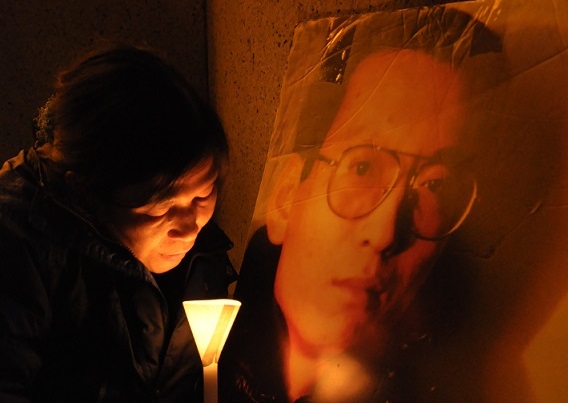 Though the Charter 08 Group has not released the names of the document’s authors (possibly both in the spirit of it being a large-scale civil society movement and for the protection of the signatories), Liu Xiaobo, a university professor and human rights activist, is popularly speculated to be a leading author. He has a long history of peaceful yet active dissent against the Chinese government’s violations of its citizens’ rights. After teaching abroad at universities in both the United States and Europe, Xiaobo returned to China to join in the 1989 democracy movement. During the 1989 Tiananmen Square protests, he launched a hunger strike in support of the protesting students.[8]
Though the Charter 08 Group has not released the names of the document’s authors (possibly both in the spirit of it being a large-scale civil society movement and for the protection of the signatories), Liu Xiaobo, a university professor and human rights activist, is popularly speculated to be a leading author. He has a long history of peaceful yet active dissent against the Chinese government’s violations of its citizens’ rights. After teaching abroad at universities in both the United States and Europe, Xiaobo returned to China to join in the 1989 democracy movement. During the 1989 Tiananmen Square protests, he launched a hunger strike in support of the protesting students.[8]
As the head of the International PEN center in China and a professor at prominent American universities, Xiaobo was a high profile figure in China and abroad well before his arrest on December 8, 2008- two days before the release of the Charter.[9] Just before his sentencing, Xiaobo released a “final statement” which detailed his life’s work to transform Chinese society.
He declared, “I hope that I will be the last victim of China’s endless literary inquisitions and that from now on no one will be incriminated because of speech. Freedom of expression is the basis of human rights, the source of humanity and the mother of truth. To block freedom of speech is to trample on human rights, to strangle humanity and to suppress the truth.”[10]
In addition to Xiaobo, the initial 300 signatories ranged from academics, writers and former members of the CCP to farmers, factory workers and entrepreneurs. Other significant members of the Charter 08 group include former member of the Communist Youth League Zhang Zuhua, who quit the organization in protest of the Tiananmen Square massacre on 1989 and was detained for a few days before the release of the Charter; prominent Tibetan blogger Tsering Woeser; former CCP official Bao Tong, who criticized the government for the milk poisoning incident earlier the same year and “signed Charter 08 to correct [his] mistake of 60 years ago when [he] originally joined the Party”; and journalist Li Datong, an editor with the China Youth Daily.[11]
Civic Environment
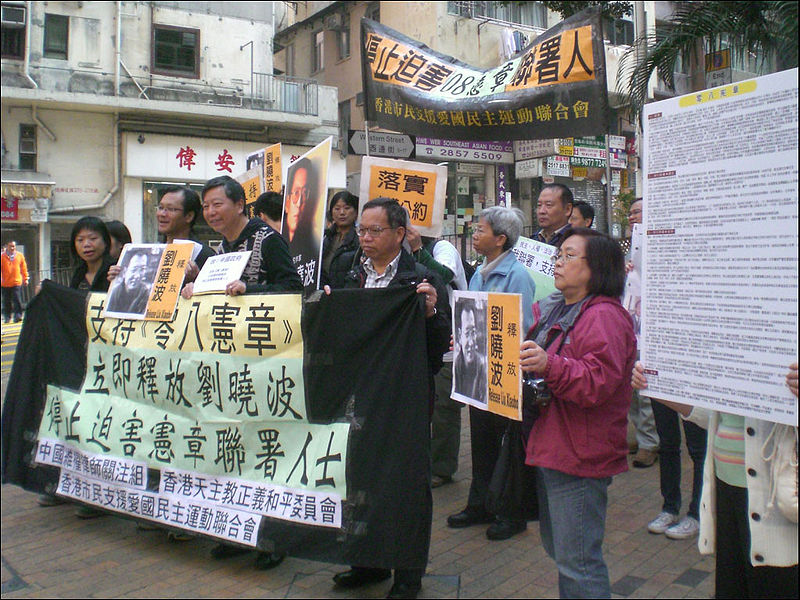 Since it assumed control of mainland China in 1949, the Chinese Communist Party’s (CCP) rule has been marked by gross human rights violations. According to Freedom House’s 2009 Freedom in the World Report, “The Chinese government in 2008 increased restrictions on online writers, human rights lawyers, democracy activists, migrant workers, and individuals seeking to petition the central government on abuses by local officials.”[12]
Since it assumed control of mainland China in 1949, the Chinese Communist Party’s (CCP) rule has been marked by gross human rights violations. According to Freedom House’s 2009 Freedom in the World Report, “The Chinese government in 2008 increased restrictions on online writers, human rights lawyers, democracy activists, migrant workers, and individuals seeking to petition the central government on abuses by local officials.”[12]
Alongside Iran, China is one of the world’s most repressive of internet freedom, ranked by Freedom House as the second least digitally free country in the world.[13] According to Chinese civic activist Yang Jianli, “Google found out that the Chinese government, through Google Mail, was trying to find information from human rights activists’ private accounts, and for quite a long time.”[14] Using a sophisticated system of mechanisms for censoring, monitoring and controlling mobile and internet technologies, the Chinese government has arrested the world’s largest number of individuals imprisoned for their online activities, with at least 49 digital activists behind bars as of mid-2008.[15]
Despite increased NGO activity and calls from reform inside China, the government has repeatedly shown that it is not willing to compromise its hold on information both coming into and going out of the country, or entertain political change at even the most local levels. The regime uses an opaque law, the State Secrets Law, to legitimize the arrest and detention of anyone engaged in political activity without party approval; opposition groups like the China Democracy Party and independent journalists and bloggers are frequently jailed on charges of “subversion of state power.”[16] The number of politically related detentions doubled from 2007 to 2008 with 1,623 new detentions recorded by the Dui Hua Foundation. Although statistics on executions are not publicly available, according to Amnesty International, the Chinese government expanded its use of lethal injection as a form of capital punishment, and the group estimates that at least 1,700 executions took place in 2009, while at least 7,000 death sentences were issued.[17]
On December 8, 2008, two days before the public release of Charter 08, Liu Xiaobo was detained by state security forces for his involvement with the Charter and held until the end of the year. He was then formally arrested on June 2009 on suspicion of “inciting subversion of state power” and later sentenced to eleven years’ imprisonment on December 25th, 2009. Despite major international efforts from esteemed writers, political leaders, and human rights advocates to demand Xiaobo’s release, the Chinese government refuses to grant his freedom.[18] In addition to Xiaobo’s arrest, over 100 of the original signatories of Charter 08 have been arrested, detained and interrogated at some point since the release of the human rights document.
Message and Audience
The broader aim of the movement is to divest the Chinese people of the authoritarian notion of an “enlightened overlord” or an “honest official” and to “turn instead toward a system of liberties, democracy, and the rule of law, and toward fostering the consciousness of modern citizens who see rights as fundamental and participation as a duty.”[19] The Charter’s text is primarily directed towards Chinese citizens, “whether officials or common people and regardless of social background” and aimed at mobilizing them towards “taking an active part in this citizens’ movement, to promote the great transformation of Chinese society together,” in order to “establish a free, democratic, and constitutional nation.”[20] This message was powerfully conveyed through the text of the manifesto, which made frequent references to the great history of the Chinese civilization and the capacity of its people, and how such a past could be recreated in the future if certain freedoms and reforms are brought to the country.[21]
Outreach Activities
 While the Charter did seemingly little to move Chinese authorities, who dismissed it as culturally incompatible and modeled on Western-style democratic values, it did lead to increased international criticism of and pressure on the Chinese government.[22] Foreign governments and notable writers, as well as the Dalai Lama, all wrote letters of protest to the Chinese government following the arrest of many of the Charter’s signatories.[23]
While the Charter did seemingly little to move Chinese authorities, who dismissed it as culturally incompatible and modeled on Western-style democratic values, it did lead to increased international criticism of and pressure on the Chinese government.[22] Foreign governments and notable writers, as well as the Dalai Lama, all wrote letters of protest to the Chinese government following the arrest of many of the Charter’s signatories.[23]
Liu Xiaobo’s leadership of China’s PEN Center undoubtedly played an important role in increasing publicity and support for the Charter 08 movement. The original text of the Charter, in Mandarin, was posted on the Center’s website and helped mobilize a number of Chinese citizens to participate in protests.
While the government continues its campaign of repression on activists like Xiaobo, Chinese dissidents like Jianli have developed online publications and secure means of communication with activists still inside the country, thanks to modern technology and attention from the international community. According to Jianli, “With each year we will…engage in the real exchange of ideas…and also build up a friendship and the united effort to push for change for China, for democracy.”[24]
The international community has increased its pressure on China to release Xiaobo and allow greater freedom of expression by awarding Xiaobo the 2010 Nobel Peace Prize. The international outcry to free the Nobel laureate was supplemented by a letter, written and signed by retired members of the Chinese Communist Party, calling on the Chinese government to abandon censorship.[25] Though the Chinese government has harshly criticized the Nobel committee’s decision to award Xiaobo the peace prize, the international community’s encouragement and the former ruling elites’ letter represent sustained support for the values put forth in Charter 08 nearly two years ago.
Learn More
News & Analysis
Australia-Tibet Council. Dalai Lama’s Statement on Charter 08. 12 Dec. 2008.
Charter 08 (English). Human Rights in China. 09 Dec. 2008.
“China Detains Dissidents Ahead of Human Rights Day.” Reuters India. 09 Dec. 2008.
Klinghoffer, Judith A. “CHINESE SUPPORT CHARTER 08/update.” History News Network. 10 Dec. 2008.
“Taiwan Should Heed ‘Charter 08’ Message.” Taiwan News. 25 Dec. 2008.
Books
Zhou, Kate Xiao. China’s Long March to Freedom: Grassroots Modernization. New Brunswick, N.J.: Transaction, 2009.
Multimedia
“Charter 08 – Constitutional Democracy for China.” YouTube. 08 Dec 2009.
“Tavaana Exclusive Interview with Yang Jianli.” Tavaana. 2010.
Footnotes
[1] Spencer, Richard. “Chinese Dissidents Emulate Anti-Soviet Heroes with Charter 08”. The Telegraph. 9 Dec 2008.
[2] Charter 08 (English). Human Rights in China. 09 Dec. 2008.
[3] Chongyi, Feng. “Charter 08: A New Beginning for Chinese Liberalism.” History News Network. 25 Jan 2010.
[4] “Charter 08 (English).” Human Rights in China. 09 Dec. 2008.
[5] Ibid.
[6] Ibid.
[7] Ibid.
[8] Macartney, Jane. “Leading Chinese Dissident, Liu Xiaobo, Arrested over Freedom Charter.” Times Online. 10 Dec. 2008.
[9] “China: Liu Xiaobo’s Trial a Travesty of Justice.” Human Rights Watch. 21 Dec. 2009.
[10] Xiaobo, Liu. “I Have No Enemies: Liu Xiaobo’s Final Statement.” Foreign Policy. 8 Oct. 2010.
[11] “China Detains Dissidents Ahead of Human Rights Day.” Reuters India. 09 Dec. 2008. Ramzy, Austin. “Chinese Dissident Bao Tong Speaks Out.” TIME. 27 Jan. 2009. Zhen, Wang. “Over 5,000 China Scholars Support Charter 08′s Political Reform.” China View. 20 Dec. 2008.
[12] “China (2009).” Freedom in the World Report. Freedom House. 2009.
[13] “Freedom on the Net: A Global Assessment of Internet and Digital Media.” Freedom House. 30 March 2009.
[14] “Tavaana Exclusive Interview with Yang Jianli.” Tavaana. 2010.
[15] Ibid.
[16] “China (2009).” Freedom in the World Report. Freedom House. 2009.
[17] Ibid.
[18] International PEN. “International PEN Protests the Detention of Leading Chinese Dissident Writer Liu Xiaobo.” Letter to Hu Jintao. 17 Dec. 2008.
[19] “Charter 08 (English).”
[20] Ibid.
[21] Ibid.
[22] Bristow, Michael. “China Aims to Silence Reform Call.” BBC News. 12 Jan. 2009.
[23] “International PEN Protests the Detention of Leading Chinese Dissident Writer Liu Xiaobo.”
[24] “Tavaana Exclusive Interview with Yang Jianli.”
[25] Demick, Barbara.< “Big names on letter calling for China to end censorship.” LA Times. 13 Oct. 2010.

